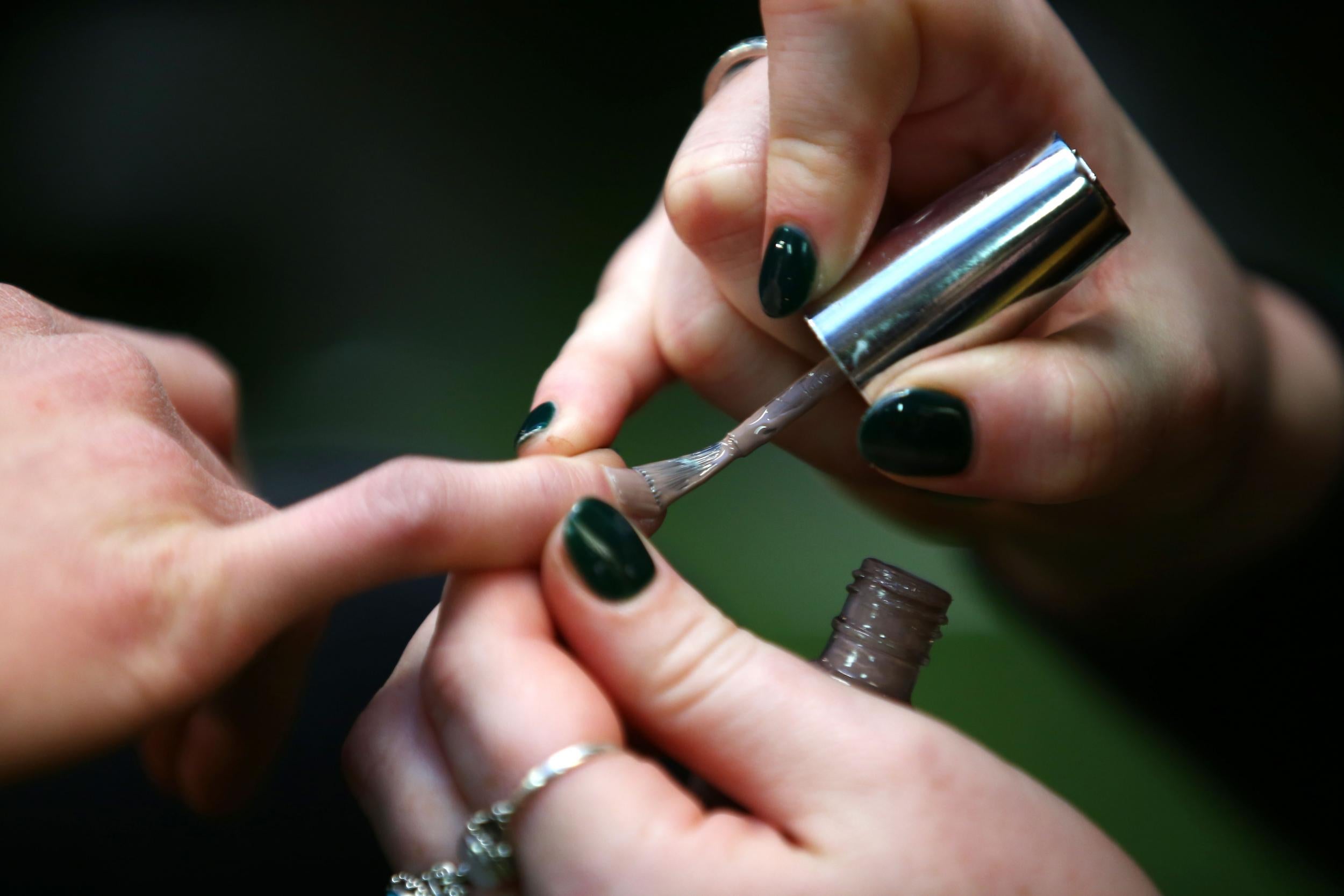Greater UK nail bar regulation needed to stop exploitation of Vietnamese trafficking victims
Vietnam is one of the top three source countries for modern slaves coming to Britain, new report finds

Your support helps us to tell the story
From reproductive rights to climate change to Big Tech, The Independent is on the ground when the story is developing. Whether it's investigating the financials of Elon Musk's pro-Trump PAC or producing our latest documentary, 'The A Word', which shines a light on the American women fighting for reproductive rights, we know how important it is to parse out the facts from the messaging.
At such a critical moment in US history, we need reporters on the ground. Your donation allows us to keep sending journalists to speak to both sides of the story.
The Independent is trusted by Americans across the entire political spectrum. And unlike many other quality news outlets, we choose not to lock Americans out of our reporting and analysis with paywalls. We believe quality journalism should be available to everyone, paid for by those who can afford it.
Your support makes all the difference.Britain's anti-slavery commissioner has called for more regulation on nail bars, in a bid to stop them exploiting Vietnamese trafficking victims.
"Measures must be implemented to prevent slavery within the nail bar sector using existing regulations and laws or through using a specific licensing scheme," said Kevin Hyland at the launch of his new 75-page report into the issue.
It revealed that the majority of Vietnamese trafficking victims are being forced into labour exploitation - most often in nail bars or cannabis farms across the UK.
Mr Hyland added: "We see a proliferation of nail bars in the UK but very little happening about them."
The report was commissioned after Mr Hyland realised Vietnam is one of the top three source countries for modern slaves coming to Britain.
Between 2009 and 2016, 1,747 Vietnamese nationals were reported as suspected trafficking victims - with the numbers increasing every year.
A breakdown of the victims showed 65 per cent were male, the majority of them thought to be underage.
Some victims initially want to go to the UK themselves, but others report being approached or kidnapped by traffickers.
For those that do agree to go, smugglers quote prices of between £10,000 and £33,000, which they are told they can pay back on arrival.
Once they arrive in the UK, they are forced to work long hours with little remuneration. Some have their passports or papers are taken and they are locked inside houses. Often the work does not resemble what they were initially promised.
One victim was forced to work in a nail bar seven days a week, while receiving just £30 in wages. A young male victim was locked in a room and only let out when he was working. He was forced to hand his £6.50 an hour payment directly to his traffickers.
Others are promised work in nail bars only to realise they're being trafficked for sex work. A female victim, quoted in the report, said her trafficker was originally her neighbour in Vietnam.
"He said if I wish to come to the UK, he would help. I didn’t really believe him, I just laughed, because my family is very poor," she said. "He told me that once I arrive, life will be better. He has a nails salon and he will help me with money to send back home to support my parents."
The girl said once she arrived in the UK, she was taken to a small, dirty house and forced to become a domestic and sex slave.
"He abused me and his friends often gather around. Drinking, taking drugs (hard drugs) and often beat me up and force me to obey them."
While most traffickers are Vietnamese, the research also showed that Chinese, Russian, Polish and British nationals may be involved in trafficking Vietnamese people.
The journey from Vietnam can take months with most people saying they came by truck.
In 2016, Theresa May announced she was setting up the first ever government task force on modern slavery.
"From nail bars and car washes to sheds and rundown caravans, people are enduring experiences that are simply horrifying in their inhumanity," she said. "This is the great human rights issue of our time, and as Prime Minister I am determined that we will make it a national and international mission to rid our world of this barbaric evil."
Join our commenting forum
Join thought-provoking conversations, follow other Independent readers and see their replies
Comments